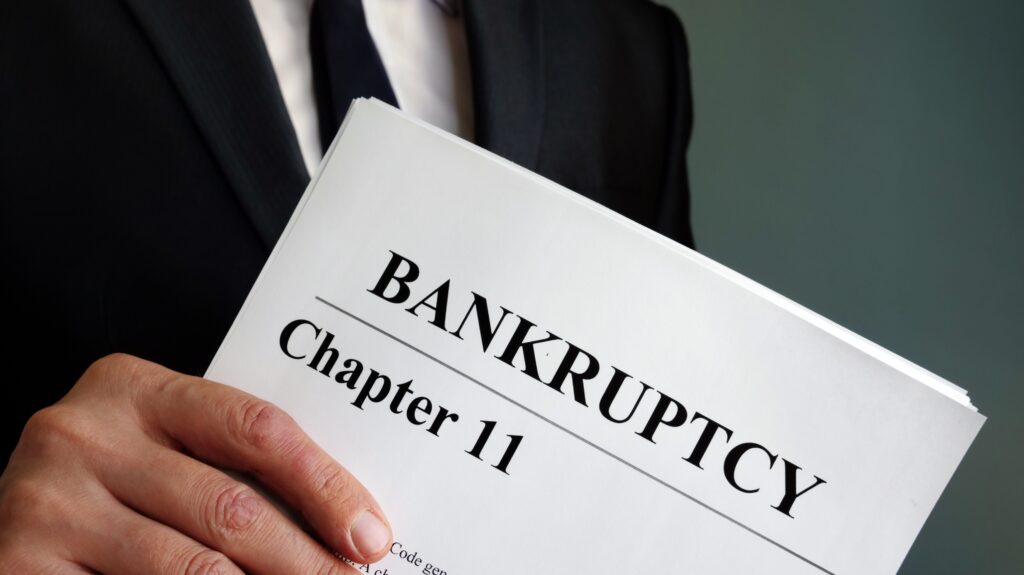
Filing for Chapter 11 with help from a Wisconsin business bankruptcy attorney can be a good choice for business owners who find themselves in tight financial situations. It’s especially beneficial if you want to keep your doors open and try to get out of debt over time. If you’ve been exploring your options, you’ve likely heard about income limits restricting the types of bankruptcy you can file. Here’s what you need to know.
Chapter 11 Bankruptcy Has No Income Limit
Chapter 11 bankruptcy is an option for business owners with any amount of income. There is no minimum or maximum limit that may restrict your ability to file, and once you file, you’ll be able to start getting your financial situation back on track. This makes Chapter 11 an option for businesses of any size, even if they’re currently earning money each month.
You Must Be Able to Afford the Required Repayments
That doesn’t mean there aren’t qualification requirements associated with Chapter 11 bankruptcy. This form of bankruptcy requires business owners to make payments on their debts based on the repayment amount that the bankruptcy court determines is fair. This means you’ll need some way of generating income for those payments. For some businesses, this may involve selling certain assets to settle debts. For others, it means allocating a portion of your profits to your debt repayments.
As long as you’re able to stay current on your repayments, you’ll likely be able to file for Chapter 11 bankruptcy.
How to Tell if Filing for Chapter 11 Bankruptcy Is Right for Your Business
Ultimately, every business’s financial situation is unique. This means filing for Chapter 11 is a deeply personal decision that needs to be made only if it’s in your best interest as a business. Think about your finances and your current earnings. If you’re still bringing money in but are underwater with debt, filing for Chapter 11 may give you the breathing room you need to turn your business around.
You may also be able to reorganize your business and turn things around while still repaying your creditors by filing for Chapter 13 bankruptcy. Like Chapter 11, Chapter 13 lets you enter into a repayment plan with your creditors. However, this form of bankruptcy has a cap on the total debt you can restructure. It’s only an option for businesses with debts of less than $2,750,000. If you have more debt, you may only be eligible for Chapter 11.
However, if you’re not bringing any money in each month and are constantly having to make cuts just to keep the lights on, filing for Chapter 7 bankruptcy and dissolving the business may be a better choice. This form of bankruptcy will give you a fresh start, settling and discharging most if not all of your business’s debts so you can start a new venture without worrying about repaying old creditors.
Speak With a Wisconsin Business Bankruptcy Attorney
Regardless of the type of bankruptcy you’re considering, you’ll want to speak with an experienced Wisconsin business bankruptcy attorney. They’ll be able to review your finances, your situation, and your business’s outlook to help you figure out which type of bankruptcy is best for your needs.
They’ll also be able to represent you in court and help you push for a fair repayment agreement based on your current and projected income. Keep in mind that you’ll need to work with a bankruptcy attorney who is familiar with helping businesses like yours navigate the process. This way, you’ll have an expert to rely on and can trust that their advice is accurate.
Let Kerkman & Dunn Help
If you’re considering filing for Chapter 11 bankruptcy, let the team at Kerkman & Dunn help. Contact us today to schedule a free consultation and let our attorneys help you with every step of the filing process.


